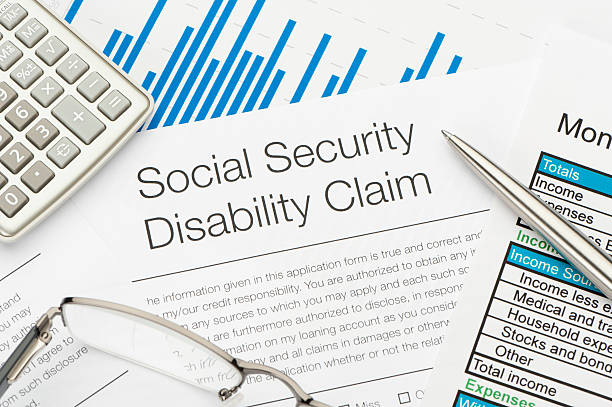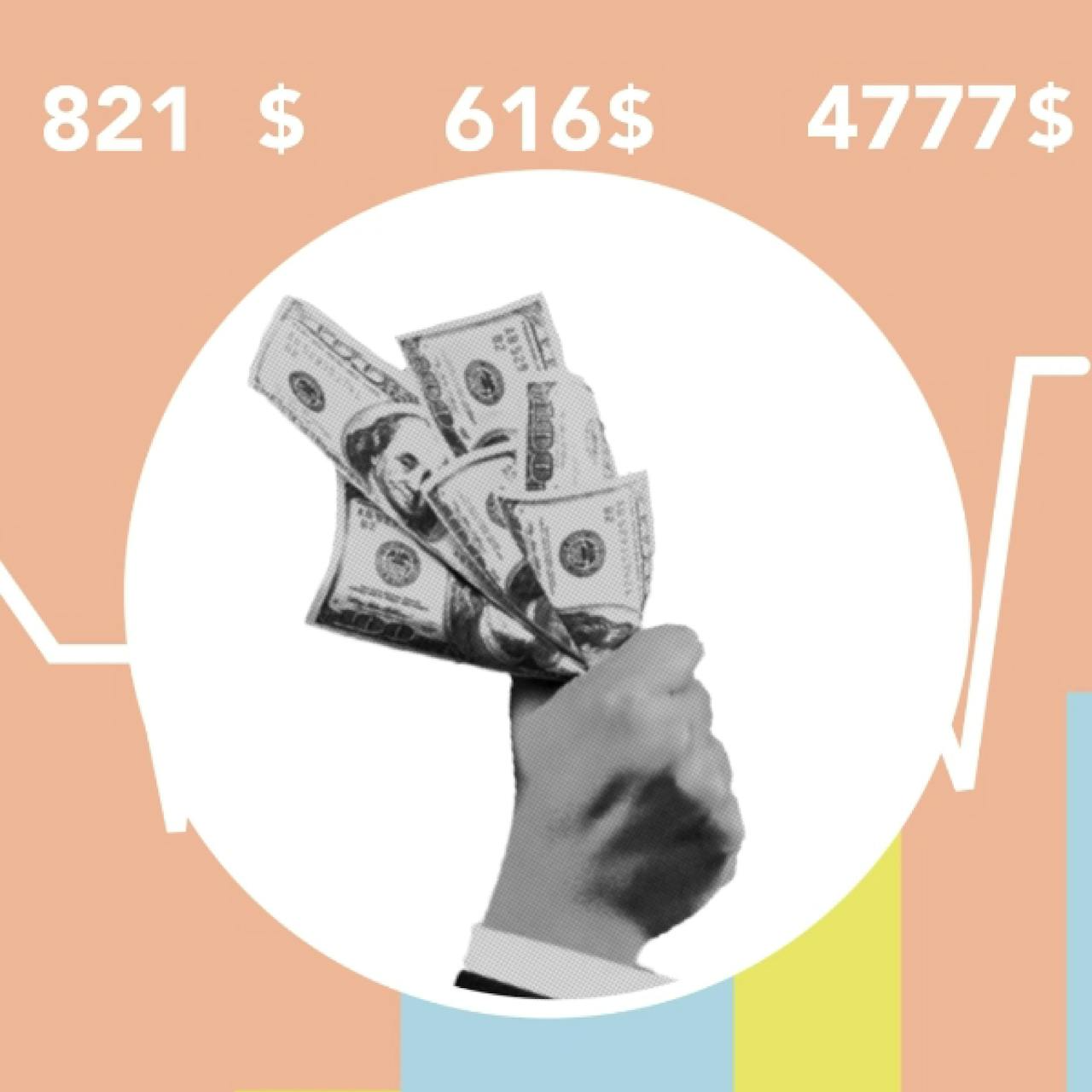Is SSDI And Social Security The Same Thing?

The Social Security Administration (SSA) manages both the Social Security and Social Security Disability Insurance (SSDI) programs, which benefit persons who cannot work. However, each program serves a different purpose and has different qualifying conditions.
Social Security benefits replace a portion of a worker’s wages over their lifetime earnings. It also gives income and survivor benefits to those who become disabled. A person’s Social Security retirement benefit is determined by their lifetime earnings and when they begin collecting benefits. Employers and employees each pay half of the tax, while self-employed people pay the complete 12.4%.
SSDI is likewise based on work earnings and funded through payroll taxes, but it exists solely to help those unable to work due to a severe disability (and their dependents). According to the SSA, to be eligible for SSDI, you must meet the Social Security Act’s definition of disability.
An individual is considered disabled if they cannot work due to a severe medical condition that has been persistent, is very likely to last for at least one year, or will end in death. The ailment must also impede them from performing previous tasks or adjusting to new tasks. SSDI recipients are often among the most severely disabled people in the country, according to the Social Security Administration (SSA).
SSDI payouts are similar to Social Security benefits in that they only cover a percentage of your income. Benefits barely put recipients above the poverty line set by the federal government. According to the Social Security Administration (SSA), monthly disability payments account for most SSDI beneficiaries’ income, but they can still make a significant difference in meeting their most basic needs.
Contact Information:
Email: [email protected]
Phone: 8889193252
Popular posts

Civilian Military Employees: What...
Key Takeaways Civilian military...

How to Pick the...
Key Takeaways: Choosing the...
Free Retirement Benefits Analysis
Federal Retirement benefits are complex. Not having all of the right answers can cost you thousands of dollars a year in lost retirement income. Don’t risk going it alone. Request your complimentary benefit analysis today. Get more from your benefits.
I want more



